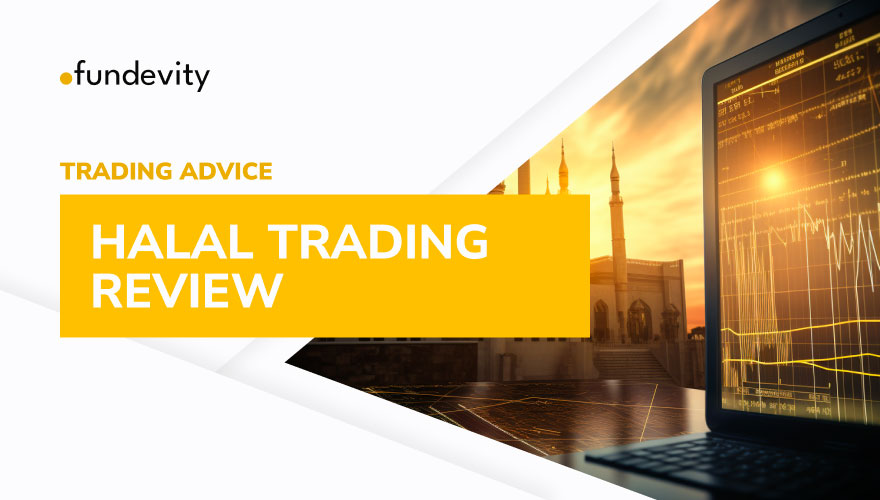Introduction
With the global Muslim population exceeding 1.8 billion, the demand for ethical and Shariah-compliant financial products is witnessing unprecedented growth. The Muslim finance industry, valued at over $3 trillion, has responded by developing innovative instruments that adhere to Islamic principles. Among these, halal option trading has emerged as a promising avenue for investors seeking both financial profit and religious compliance.

Image: fundevity.com
Halal option trading aligns with Islamic ethical guidelines by complying with principles such as risk mitigation, transparency, and the avoidance of speculation and excessive borrowing. Understanding the intricate mechanisms of this specialized financial instrument not only caters to the growing Muslim investor segment but also offers valuable insights into the intersection of faith and finance.
Basic Concepts of Halal Option Trading
Options are financial contracts that grant the buyer the right, but not the obligation, to buy (call option) or sell (put option) an underlying asset at a predetermined price (strike price) on a future date (expiration date). In halal option trading, these underlying assets and transactions conform to Islamic principles.
Shariah-compliant underlying assets
Halal option trading restricts underlying assets to those considered permissible under Islamic law. These may include:
- Physical commodities (e.g., gold, silver, agricultural products)
- Shariah-compliant stocks (meeting criteria such as no involvement in alcohol, gambling, etc.)
- Sukuk (Islamic bonds)
Specific conditions
To ensure compliance, halal option trading adheres to specific conditions:
- Risk management: Options are used primarily for hedging purposes, not speculation.
- Transparency: All contract details and risks are clearly disclosed to both parties.
- No interest-based transactions: Options should not involve any transactions based on usury (riba), such as charging interest.
Benefits and Risks of Halal Option Trading
Benefits
- Ethical alignment: Complies with Islamic principles, providing moral comfort to Muslim investors.
- Risk reduction: Options allow for effective risk management by protecting against adverse price fluctuations.
- Potential profit enhancement: Proper use of options can enhance returns compared to simple stock investments.
Risks
- Market volatility: Option values are sensitive to market fluctuations, leading to potential losses.
- Expiration dates: Options have limited lifespans, and failure to exercise them before expiration results in the loss of the premium.
- Complexity: Options trading requires a thorough understanding of financial markets.
Halal Option Trading Market Analysis
The halal option trading market has witnessed significant growth, driven by increased awareness of Shariah-compliant financial instruments. Leading financial institutions worldwide offer halal options, catering to the growing Muslim investor base. Market trends indicate a consistent increase in trading volume and an expansion of underlying asset offerings.
Furthermore, regulatory frameworks are evolving to support the growth of halal option trading. The Securities and Exchange Commission of Malaysia (SC) has implemented progressive regulations to ensure transparency, investor protection, and the promotion of a robust and compliant market.

Image: www.youtube.com
Halal Option Trading
Conclusion
Halal option trading offers Muslim investors a unique opportunity to participate in financial markets while adhering to their religious values. By understanding the basic concepts, benefits, and risks involved, individuals can make informed decisions and capitalize on the growth potential of this emerging segment.
As the Muslim finance industry continues to innovate, halal option trading is expected to play a significant role in providing ethical and profitable investment opportunities for investors worldwide. It is essential for financial professionals and regulatory bodies to stay abreast of the latest developments and continuously develop this niche market to meet the evolving needs of investors.






